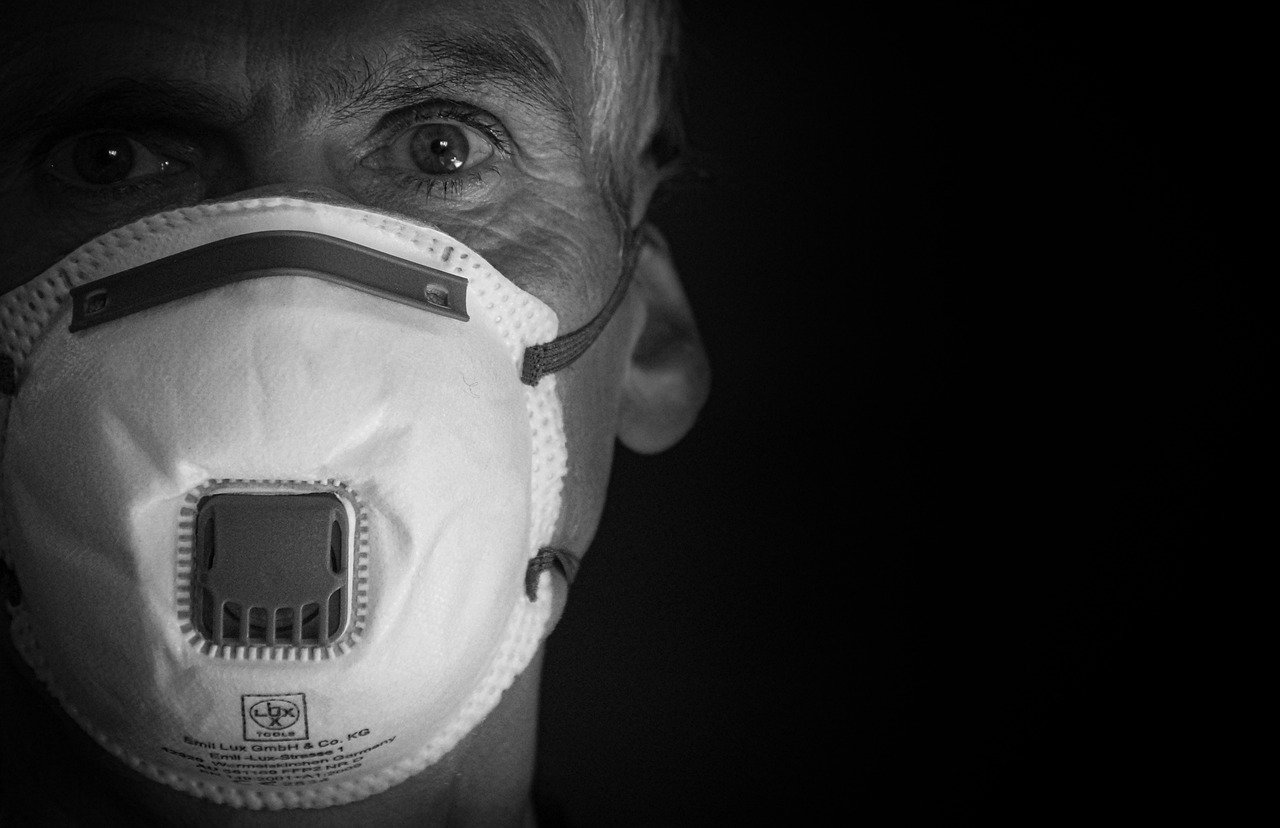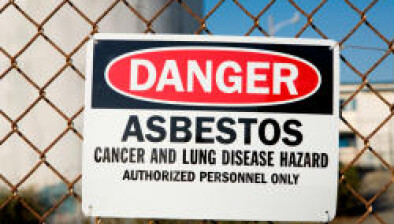HSE campaign targets lung health of construction workers

The Health and Safety Executive (HSE) has described a failure to prevent life-threatening diseases caused by dust at work as “unacceptable” as it gears up for a summer targeting construction sites across Great Britain.
Supported by HSE’s Dust Kills campaign, which provides free advice to businesses and workers on the control measures required to prevent exposure to dust, the inspections throughout May, June and July will focus on respiratory risks from exposure to dust.
Each year in the construction industry, there are thousands of preventable cases of irreversible lung disease due to past exposure to dust at work. These diseases often have a life-changing impact and can result in an early death.
HSE’s chief inspector of construction, Michael Thomas, said: “Every year we see construction workers die from diseases caused or made worse by their work. This is unacceptable in the 21st century, when occupational lung disease is preventable.
“We are urging employers and workers to take the necessary precautions today to protect their long-term lung health, to avoid them and their families suffering from the devastating impact that can result.”
Starting on Monday, 15 May 2023, the inspections, part of a respiratory health intervention initiative, will specifically focus on dust control, checking employers and workers know the risks, plan their work, and are using the right controls.
Inspectors will be checking the control measures in place to protect workers from inhaling construction dusts including silica (Respirable Crystalline Silica/RCS) and wood dust. They will also gain assurances that asbestos containing materials have been identified and removed or managed where necessary to prevent or reduce exposure.
The initiative is supported by HSE’s Dust Kills campaign. This provides simplified advice and guidance on the Work Right website, for employers, small builders and workers, to help everyone understand the risks and how to stay healthy on site.
The primary aim of the inspection initiative is to ensure workers’ health is being protected. However, if safety risks or other areas of concern are identified, inspectors will take the necessary action to deal with them.
Michael Thomas added: “Our inspectors will visit a range of construction sites to check businesses are taking the necessary action to ensure their workers’ long-term respiratory health is being protected. Through engaging with those on site, we can make sure they have considered the job from start to finish, have considered the risks at each stage, and are managing the risks with effective measures in line with the broad hierarchy of control options such as water suppression, extraction, and as a last resort Respiratory Protective Equipment (RPE).
Peter Crosland, national civil engineering director at CECA, said: “Construction workers still die every week from respiratory related illnesses brought on by their work and this is clearly not acceptable in the 21st century. The reasons behind these fatalities are, I believe, quite complex as no one intentionally sets out to cause harm to either themselves or others but nevertheless these illnesses are still occurring.
“Some of the possible reasons include lack of awareness of the legal duties of employers, lack of awareness of the damage dust can actually cause and lack of time on projects to plan work properly, and that’s both at the design stage and on site. Working together with HSE and other stakeholders, we hope to provide valuable advice to those that need it most.”














